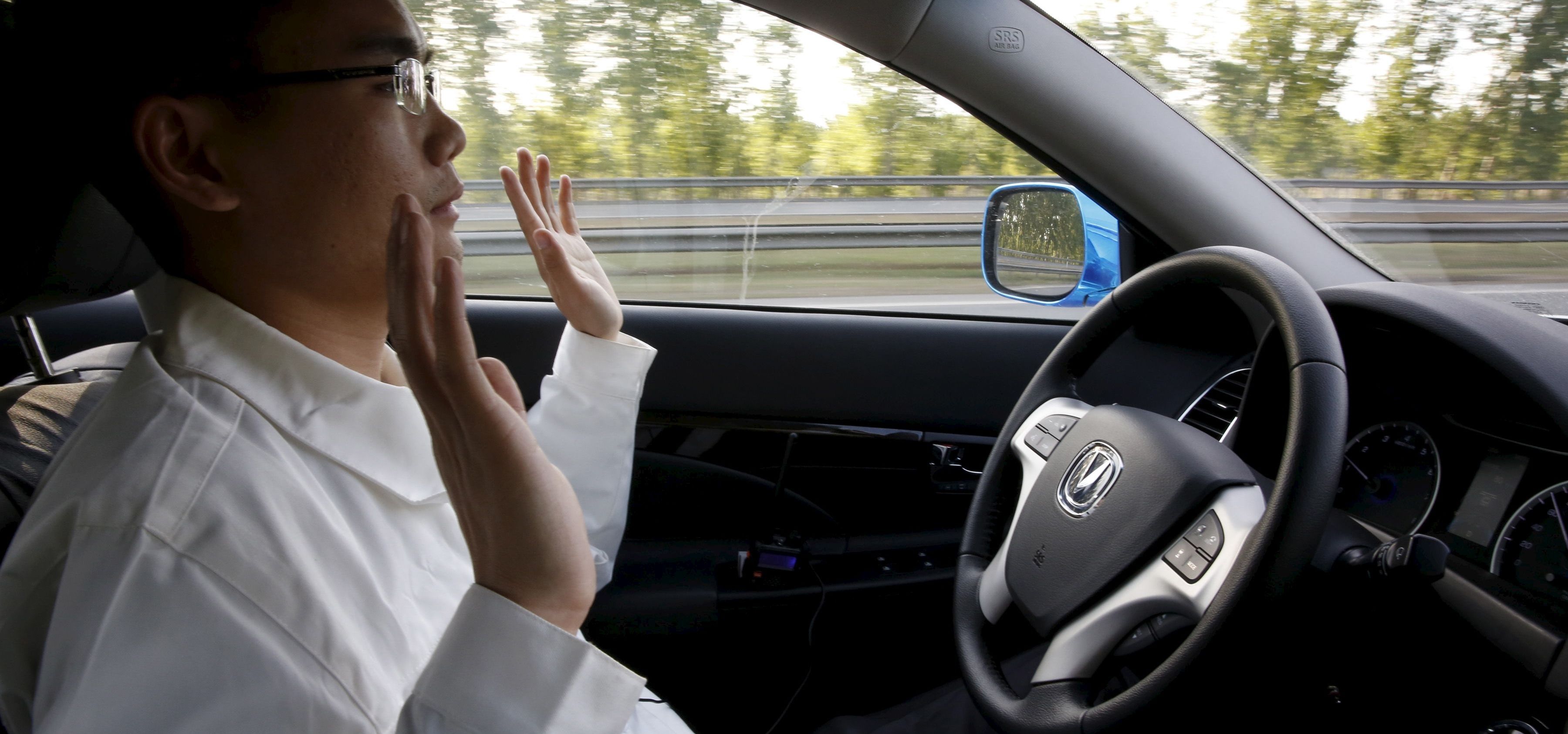Driverless cars have come in vogue since Elon Musk came to helm at Tesla about a decade ago. He brought with him the knowledge and ambition of the information and communication technology industry into an old and conventional industry such as car manufacturing. Since the Tesla's growth through these years, driverless technology has taken everyone by storm and multiple people from George Hotz (a jailbreaker once) to corporates such as Ford, at the forefront of achieving this once difficult dream. The advantages though are ease of access, and lesser possible collisions and disadvantages being humongous costs of transition, and takes away the thrill/ driver jobs.
Second, the idea of its disadvantages is a big reason it did not start earlier, instead of small steps towards this, many people thought they would need to design everything groundup, but use of the conventional road system still brings huge costs of transitions, as there are many permutations that can go wrong on the road, which a robot mind might not fully assess, and take decision on time. Also, if successful, this will take away the current jobs of many drivers, who are backbone of economies, traversing odd terrains bringing them food and essentials, plus taxies. Also, it will take away the thrill of driving, as is human nature comfort is preferred than perseverance, which would be a hindrance for nearly all to learning to drive, and future change to almost all travelling in driverless cars.
In focus, this technology is going towards a very interesting destination, as it would also trickle into other industries, plus use of more environmentally sustainable energy sources, would surely be a mark for driverless cars. I can just imagine my car 10 years down the road, coming to pick me up from the hotel door, without a driver or valet inside.

Comments
Post a Comment